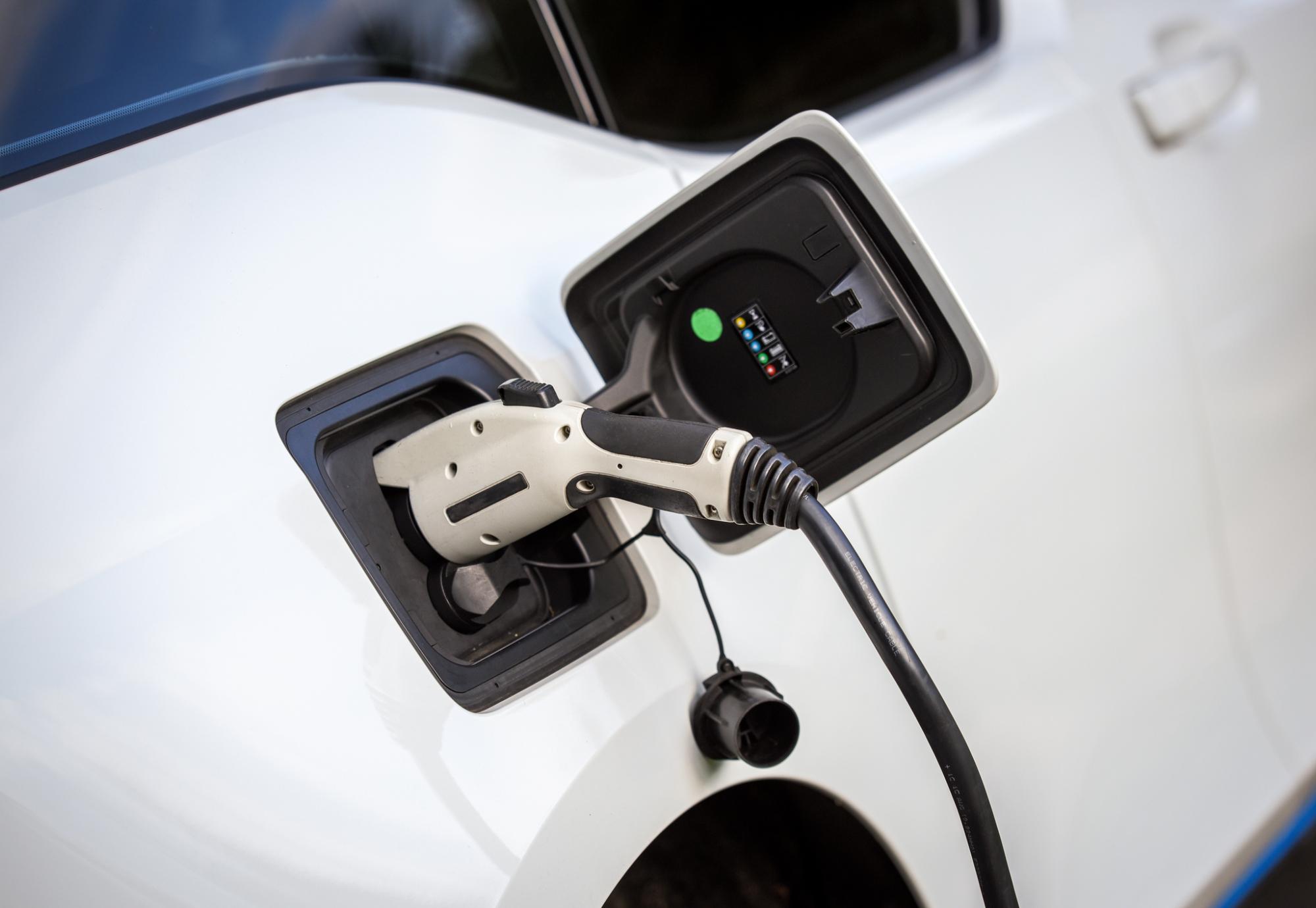Cleaner air, healthier communities and tens of thousands of new green jobs are set to become reality thanks to the UK’s ‘revolutionary’ transport decarbonisation plan, Transport Secretary, Grant Shapps has announced.
With just months to go until major climate summit COP26, the plan provides a world-leading ‘greenprint’ to cut emissions from the UK’s seas and skies, roads and railways, setting out a credible pathway for the whole transport sector to reach net zero by 2050.
Cleaner transport will create and support highly skilled jobs, with the production of zero emission road vehicles alone having the potential to support tens of thousands of jobs worth up to £9.7bn GVA in 2050.
This will also ensure the air we breathe is cleaner in our communities and reduce time spent in traffic.
As part of this vision, the government is announcing its intention to phase out the sale of new diesel and petrol heavy goods vehicles (HGVs) by 2040, subject to consultation.
Combined with the 2035 phase out date for polluting cars and vans, they said this represents a world-leading pledge to phase out all polluting road vehicles within the next two decades.
The consultation proposes a 2035 phase out date for vehicles weighing from 3.5 to 26 tonnes and 2040 for vehicles weighing more than 26 tonnes, or earlier if a faster transition seems feasible.
Billions of pounds in investment has already been pledged, including £2bn in cycling and walking and £2.8bn to support industry and motorists to make the switch to cleaner vehicles.
The transport decarbonisation plan also sets out how the government will improve public transport and increase support for active travel to make them the natural first choice for all who can take them.
This will create a net zero rail network by 2050, ensuring net zero domestic aviation emissions by 2040 and leading the transition to green shipping.
Commenting, Transport Secretary, Grant Shapps said:
“Transport is not just how you get around. It is something that fundamentally shapes our towns, cities and countryside, our living standards and our health.
“It can shape all those things for good or for bad. Decarbonisation is not just some technocratic process. It’s about how we make sure that transport shapes quality of life and the economy in ways that are good.
“It’s not about stopping people doing things, it’s about doing the same things differently. We will still fly on holiday, but in more efficient aircraft, using sustainable fuel. We will still drive, but increasingly in zero emission cars.
“The transport decarbonisation plan is just the start, we will need continued efforts and collaboration to deliver its ambitious commitments, which will ultimately create sustainable economic growth through healthier communities as we build back greener.”
The commitment comes as the government publishes a green paper setting out the regulatory framework requiring vehicle manufacturers to improve the fuel efficiency of new cars, vans and HGVs.
They said this will enable the country to meet the ambitious phase out dates while creating new jobs for the automotive sector and delivering certainty for drivers.
This includes consulting on the possible introduction of a new phased industry mandate for zero emission vehicles.
Also, the government has published a 2035 delivery plan, which brings together all of the measures for decarbonising cars and vans, from across government, into a single document.
It outlines the key timelines, milestones and how progress towards the commitment to deliver mass ownership of zero emission cars and vans will be monitored.
Aviation has a vital role to play in tackling climate change, which is why the government is today also launching the jet zero consultation.
This commits the sector to a net zero emissions target by 2050 and sets out an action plan for how it can be achieved, ensuring everyone can continue to fly for holidays, visits to family and business without contributing to climate change.
Reflecting the fact the UK aviation industry is already leading the way in seeking to reduce emissions from flights, the consultation proposes an earlier target for UK domestic aviation to reach net zero by 2040, as well as for all airport operations in England to be zero emission by 2040.
The government also:
- Announced that it has brought forward the target date for the whole central government fleet of 40,000 cars and vans to be fully zero emission by 2027, three years earlier than previously planned.
- Published the government’s response to the electric vehicle smart charging consultation, committing to laying legislation later this year to ensure that all new private EV chargepoints meet smart charging standards, which can save consumers money on their energy bills.
- Published its rail environment policy statement, which will set the direction for the rail industry on environment issues, such as traction decarbonisation, air quality, decarbonising the rail estate, biodiversity and waste.
PSE will be hosting a Public Sector Decarbonisation event on 9 September. Join us for the full day event by registering here.



















